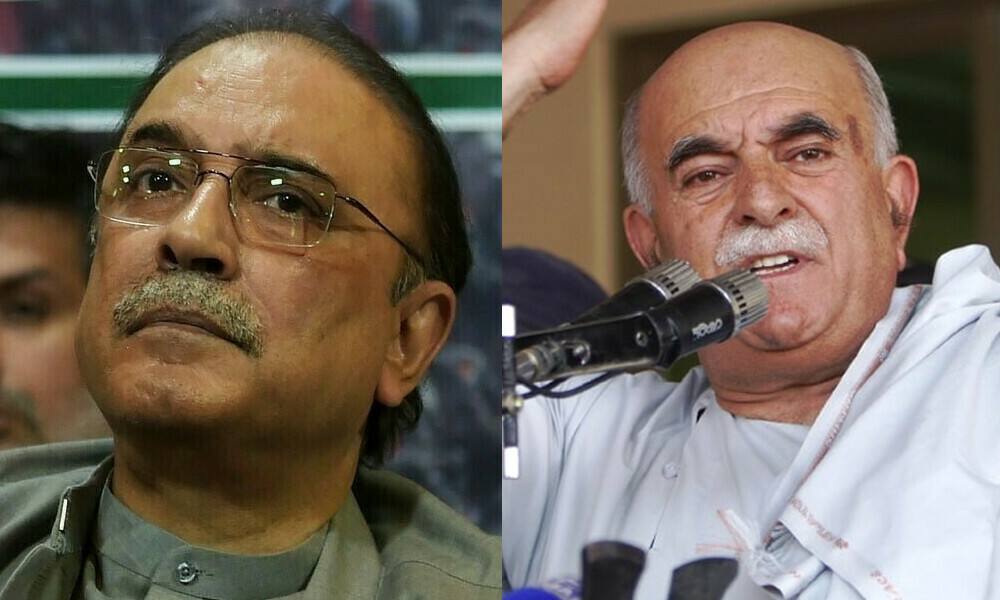ISLAMABAD: Former President Asif Ali Zardari and Pashtunkhwa Milli Awami Chief Mahmood Khan Achakzai submitted their nomination papers for the indirect presidential election on Saturday.
Zardari is the joint nominee of the PPP and PML-N, while Achakzai is backed by the Sunni Ittehad Council.
Ali Muhammad Khan of the PTI confirmed the development, stating that having a candidate from Balochistan, a marginalized province, sends a strong message of national unity. The presidential elections are scheduled for March 9, with the scrutiny of nomination papers set for March 4.
How President is Elected?
The process for electing a new president in Pakistan is more complicated compared to the selection of the prime minister or other constitutional positions. The president is elected by an electoral college comprising members from the Senate, National Assembly, and the four provincial assemblies, with voting conducted via secret ballot.
Weightage Formula
This month, over 1100 lawmakers will participate in the voting process, but their votes will not carry equal weight.
According to a weightage formula outlined in the second schedule of the Constitution, votes in the provincial assemblies are divided by the total strength of the smallest provincial assembly, which is Balochistan.
For example, the 371 votes of the Punjab Assembly will be divided by 65, the total seats in the Balochistan Assembly, resulting in a weightage score of 5.71 after rounding off. Thus, 5.71 votes cast in favor of a candidate in the Punjab Assembly count as a single vote.
Ballots cast in the Senate and National Assembly are counted in the usual manner, with one valid ballot paper cast in favor of a candidate equating to one vote.
Polling stations for the presidential election are located at the Parliament in Islamabad and the four provincial assemblies in Lahore, Karachi, Quetta, and Peshawar.
As per the second schedule of the Constitution, the chief election commissioner (CEC) serves as the returning officer for the election. The CEC appoints presiding officers to oversee the polling.
In March 2024, the Election Commission of Pakistan (ECP) appointed the chief judges of the high courts in Sindh, Khyber Pakhtunkhwa, Balochistan, and Islamabad as presiding officers. In Punjab, an ECP member was designated as the presiding officer.


